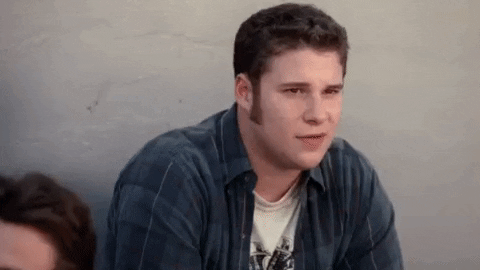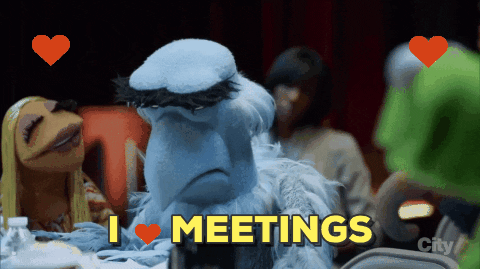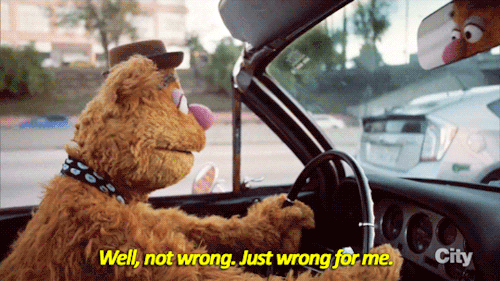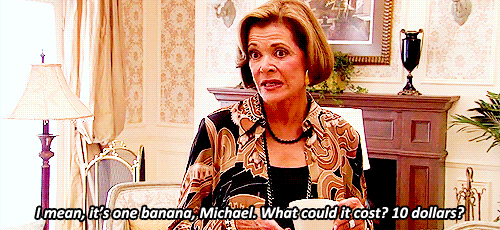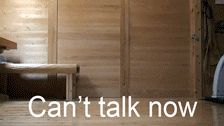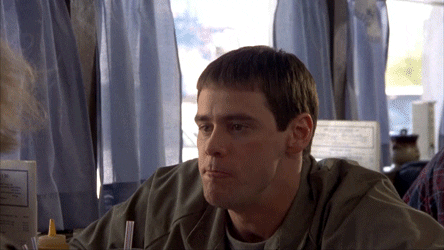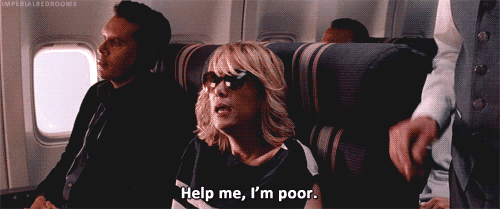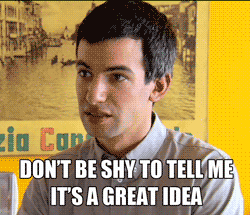So what happened?!? What did you do with all the research? Did you make the feature list?
We did take a few more steps post-market research.
First, with all of the info we now had from talking with ACTUAL USERS, we redefined our audience size and attributes in our TAM. And discovered that even though we were now focusing on two audiences (meetup organizers and conference organizers) we needed to further segment them into novice organizers and smaller conferences – which made our target audience much smaller.

Second, I listed out all the features needed to make the platform appealing to each audience. Then I took away anything that might not be quintessentially necessary. This list was still really long.

Let’s look at those two numbers:
- Tiny audience
- Giant feature list
Wait a minute…those should be flipped for a successful business, right?

This is the part of the process where you start making mental excuses even though your gut and rational brain are pointing elsewhere.
“I mean…it could work….we already put in a lot of time…people said they liked it…we can just charge less till we get more users…maybe we don’t need to target both audiences…man, we have this cool name already…everyone is going to ask what happened after our meetings…let’s just build it and see.”
And off you go to the wonderful graveyard of failed startups, because you couldn’t bear to kill you idea-baby during the research and validation stage.
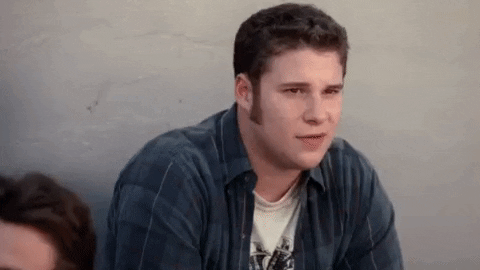
It’s okay to admit that some ideas aren’t the right fit. It’s totally okay, even if you’ve put a lot of time into it.
Sunk cost fallacy is real y’all. Don’t be a part of it.
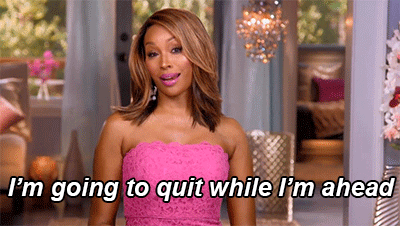
So off we go back to the drawing board, looking for a concept where the numbers make more sense and the build-out to MVP isn’t months long.


